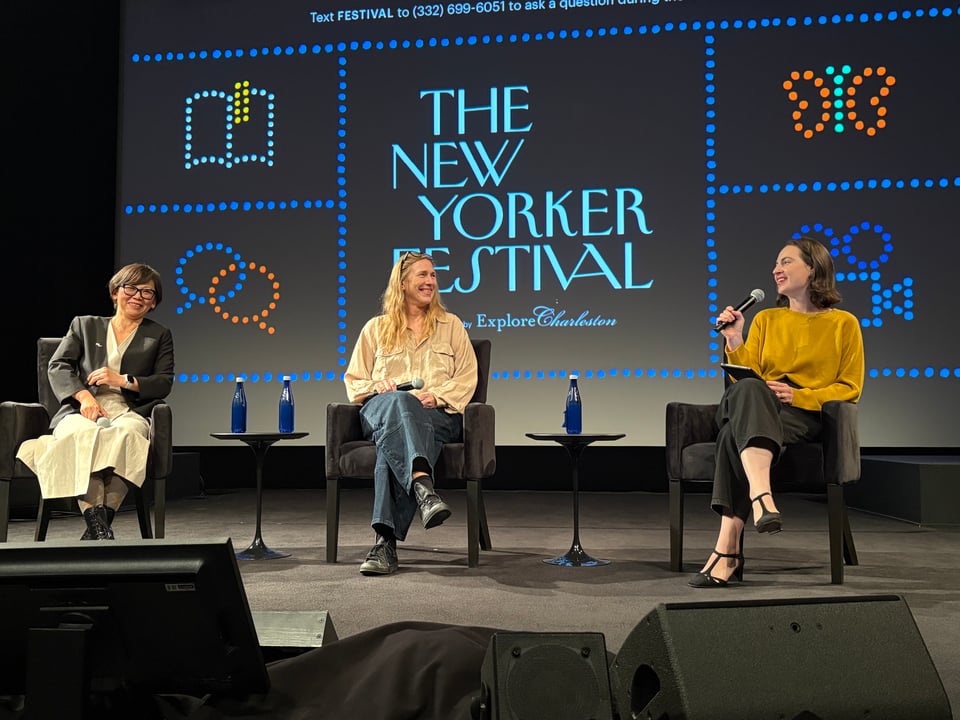The Crime Lady: Two Weeks To Go

Dear TCL Readers:
The road to publication is paved with the full gamut of emotions. Elation, exhilaration, existential dread, and everything in between — if you’re a writer, you’ve felt it, and develop coping strategies around them (or not.) But last week I found a new way to deal with pre-pub anxiety for Without Consent by going on assignment to the Deep South for a magazine story. I’ll share more when the piece runs — these things take a while, after all — but the trip could not have been better-timed. It required me to be truly present, whether driving interstate highways or winding two-lane roads, stopping to interview sources without advance notice, poring over investigative files, and searching for the truth in the muck of longstanding myth.
The trip was a reminder, too, that one can find common ground with those holding vastly opposing perspectives, and that most everyone just wants to be heard, or at least have the opportunity to speak their mind. Sometimes that’s in a diner, or a bookshop, or a gallery, or a honkytonk bar. Doomscrolling is a way to get stuck on the perpetual internal, when getting outside of one’s head and doing things is how we might get out of the current mess.

A day after I returned home, I attended the New Yorker Festival event with Miriam Toews and Yiyun Li, brilliantly moderated by Alexandra Schwartz. Li’s Things In Nature Merely Grow is a devastating book about the suicide of her second son several years after the similar fate of her first, but it is also…kind of funny at times? A book of radical acceptance will go places you least expect, and that was clear on stage, as laughter punctuated the conversation, one full of warmth and mutual admiration (I definitely have to read Toews’ latest, a memoir on various family suicides.)
What really got me in the deepest part of my gut was something Li said late in the conversation, describing not only how writing is a manifestation of her reading and thinking, but that “thinking, for me, is the most passionate way of feeling.” Why did that make me cry when discussing loss and grief had not? Perhaps because it was what I needed to hear at a time when I’m so acutely aware of what stories I carry, reporting them out, putting myself in the shoes of others who have suffered direct trauma that I have not so that I can make some kind of meaning, however successfully.
Narrative nonfiction and journalism, far from being objective, may be the most subjective category of all, because the choice of what we report reflects ourselves. And I’d rather live in that subjectivity, and the accompanying moral clarity and culpability, than any view from nowhere.
**
While I was on the road, I read the newest novels by Erin Somers and Brandon Taylor, two writers I’ve been reading from earliest days (Somers was, for a time, my colleague at Publishers Marketplace; Taylor initially asked me to contribute to the reissue of Lady Audley’s Secret under the Smith & Taylor banner at Unnamed Press.) The Ten-Year Affair is spikily funny about marriage and aging and the perils of getting what you want, as well as the terror of living with every possible choice you can make, while Minor Black Figures is at times a lovely rumination on making art that transcends identity but is also permanently bound to the politic, bodily or otherwise.
Both books feel like inflection points for major careers; for Taylor, it felt a little more like a wrestling match, where the silent opponent is the ghost of James Baldwin. (If Zola is the text inspiration, is Another Country the subtext? Far be it for me to say.) And for Somers, who has publicly acknowledged debt to the mid-century infidelity novels by the like of Cheever and Updike, she’s clearly going to take bigger swings in chronicling the inner, wry, sometimes tortured lives of those who live just a hair’s remove from the upper middle class.
Other books I read recently and recommend: Orlanda, by Jacqueline Harpman; One Day, Everyone Will Have Always Been Against This by Omar El-Akkad; A Marriage at Sea by Sophie Elmhirst; and Heart the Lover by Lily King.
I also started listening to The Devil You Know, Sarah Marshall’s long-awaited podcast on the Satanic Panic. We’re two episodes in and already getting deep in what drove everyone insane in the 1980s and 1990s; I also highly recommend Radley Balko’s recent investigation into a more contemporary situation bearing those seemingly long-ago hallmarks and Alex Mar’s similarly comprehensive look at two people who chose to make AI their therapist at great cost and consequence.
Finally, one other project-related plug: I was so pleased to contribute the companion essay to Criterion Collection’s new edition of Guillermo del Toro’s Nightmare Alley, which is available for purchase today. (The essay should be online soon.)
I’ll be back later this week with updated event details for Without Consent and more news on that front.
Until then, I remain,
The Crime Lady